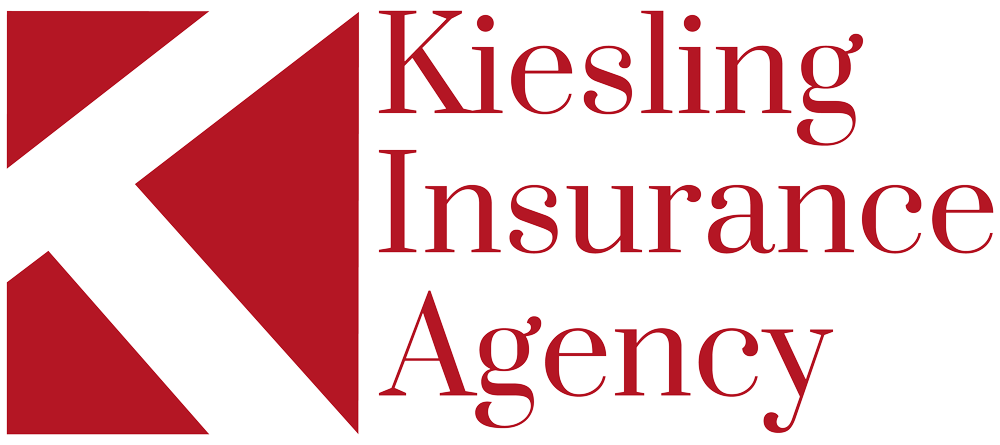When you think of insurance, your mind probably goes straight to cars, homes, or maybe health coverage. But what about your toys? We’re talking about the fun stuff—your boat, motorcycle, RV, ATV, jet ski, or even that classic car you’ve been restoring in the garage. These high-value recreational vehicles bring a lot of enjoyment, but
READ MOREAuthor: admin
Tax Benefits of Life Insurance
Life insurance is often seen as a means of providing financial security for loved ones in the event of the policyholder’s death. However, many people are unaware of the tax benefits that come with owning a life insurance policy. In this blog post, we will explore the various tax advantages of life insurance and how
READ MORE